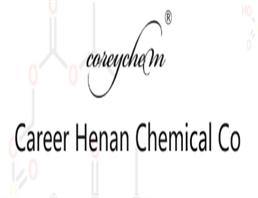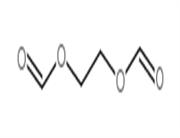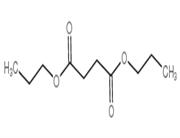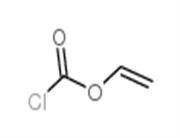GSK-J1
$ 1.00
/1g
- Min. Order1g
- Purity99%
- Cas No1373422-53-7
- Supply Ability1ton
- Update time2020-01-13

career henan chemical co
VIP7Y
 China
China
Enterprise Verified
Business Bank account
Basic Contact Infomation
Business Address
Trade Company

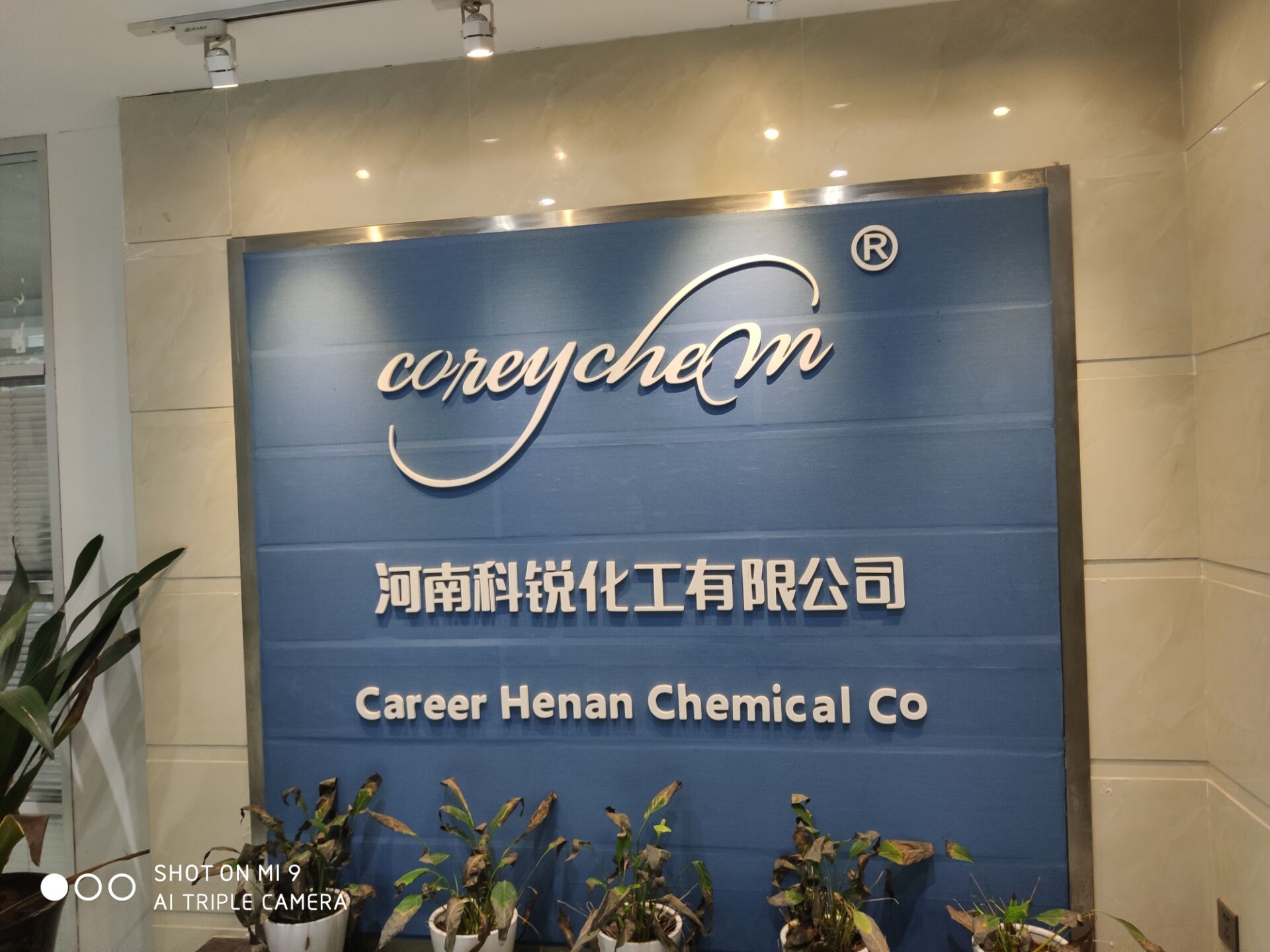

Chemical Properties
| Product Name | GSK-J1 |
| CAS No | 1373422-53-7 |
| EC-No | 200-258-5 |
| Min. Order | 1g |
| Purity | 99% |
| Supply Ability | 1ton |
| Release date | 2020/01/13 |
